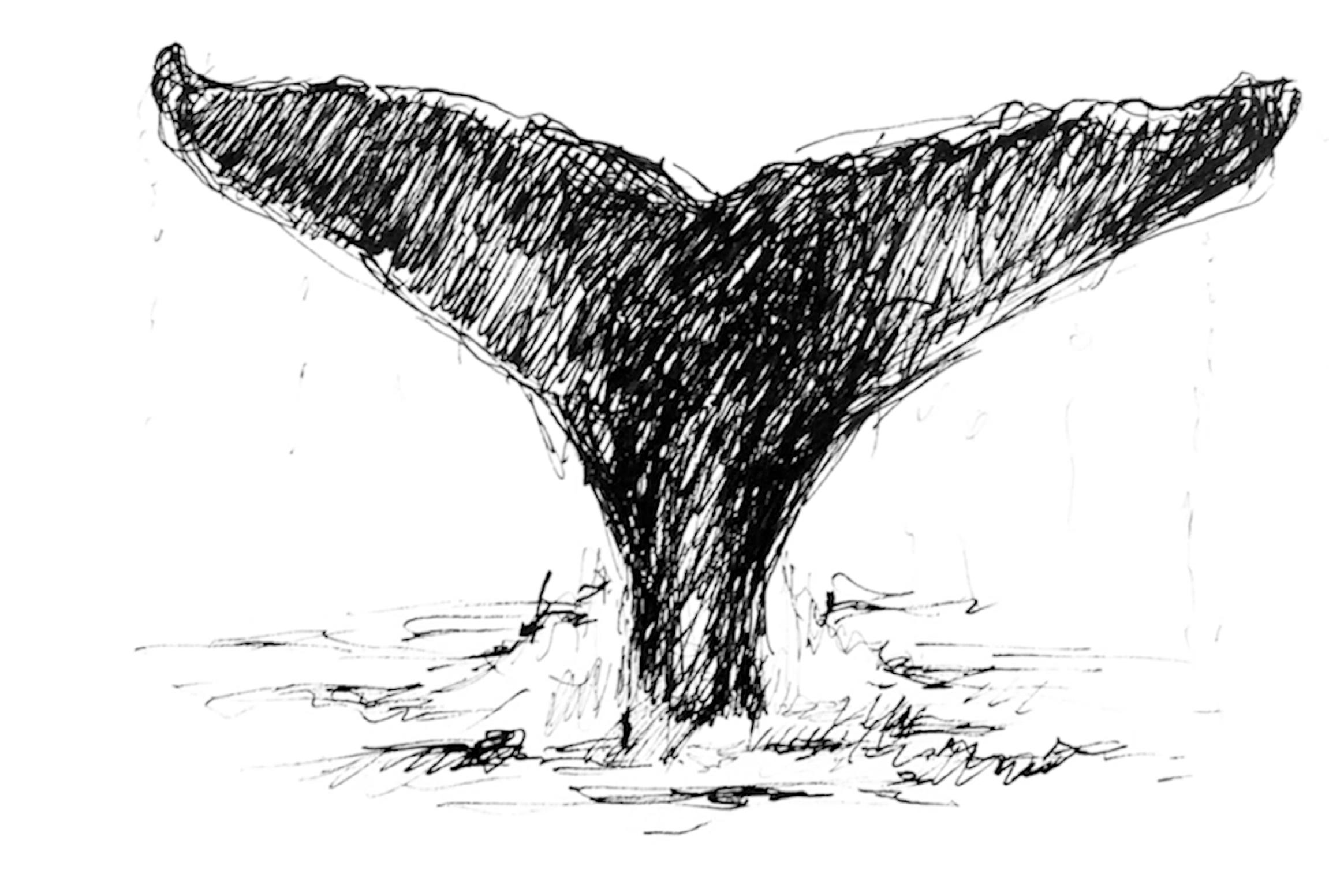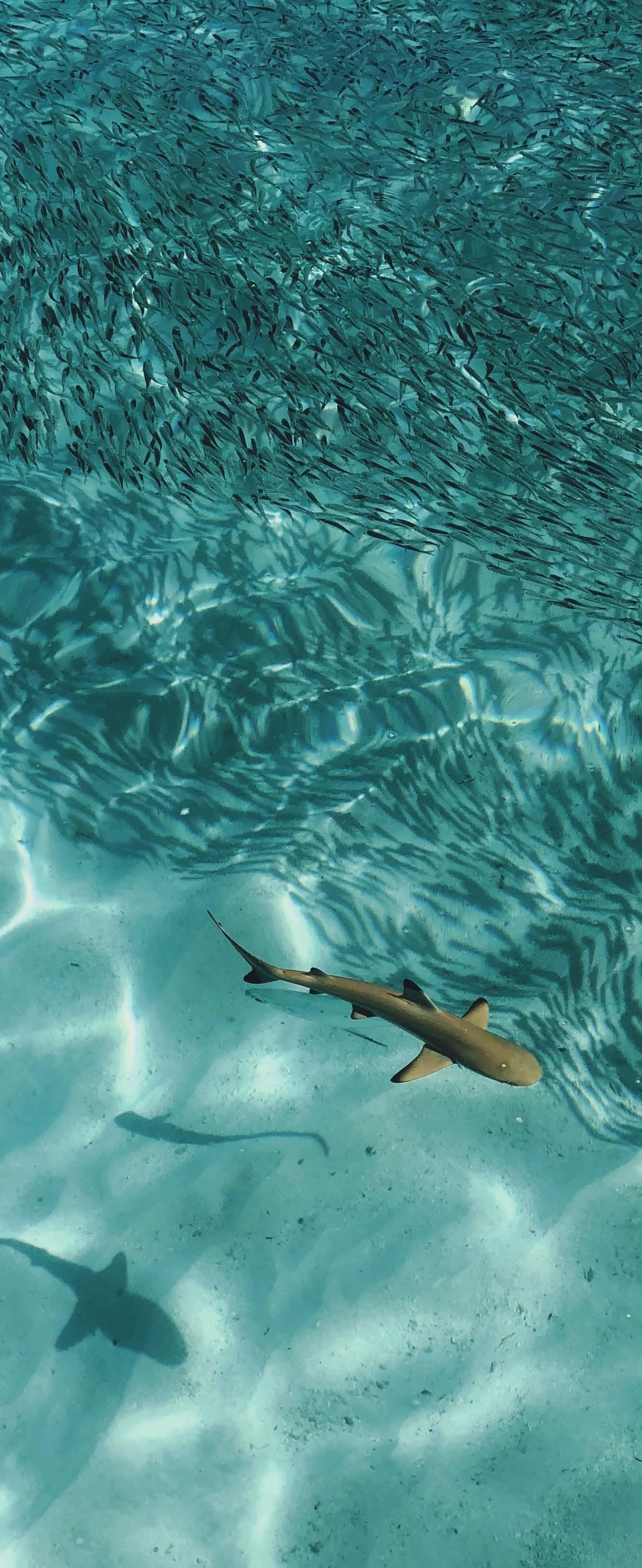

HIGH WATER MARKS
THE SOLENT WAVE SEABED SECRETS




HIGH WATER MARKS
THE SOLENT WAVE SEABED SECRETS

This year is a significant one for our ocean. 2025 marks a halfway point through the ‘ocean decade’, a critical moment in the global commitment to protect at least 30 per cent of land and sea by 2030. This year, Blue Marine Foundation also celebrates its 15th anniversary, which launched in 2010 a year after the release of the acclaimed film The End of the Line.
As the new year begins, we take stock of our previous achievements, investigate destructive fishing practices, explore seabed secrets and launch a Blue Ocean Learning Toolkit. We invite you to take a deep dive.
Don’t miss our latest news; follow Blue Marine on Instagram and LinkedIn.
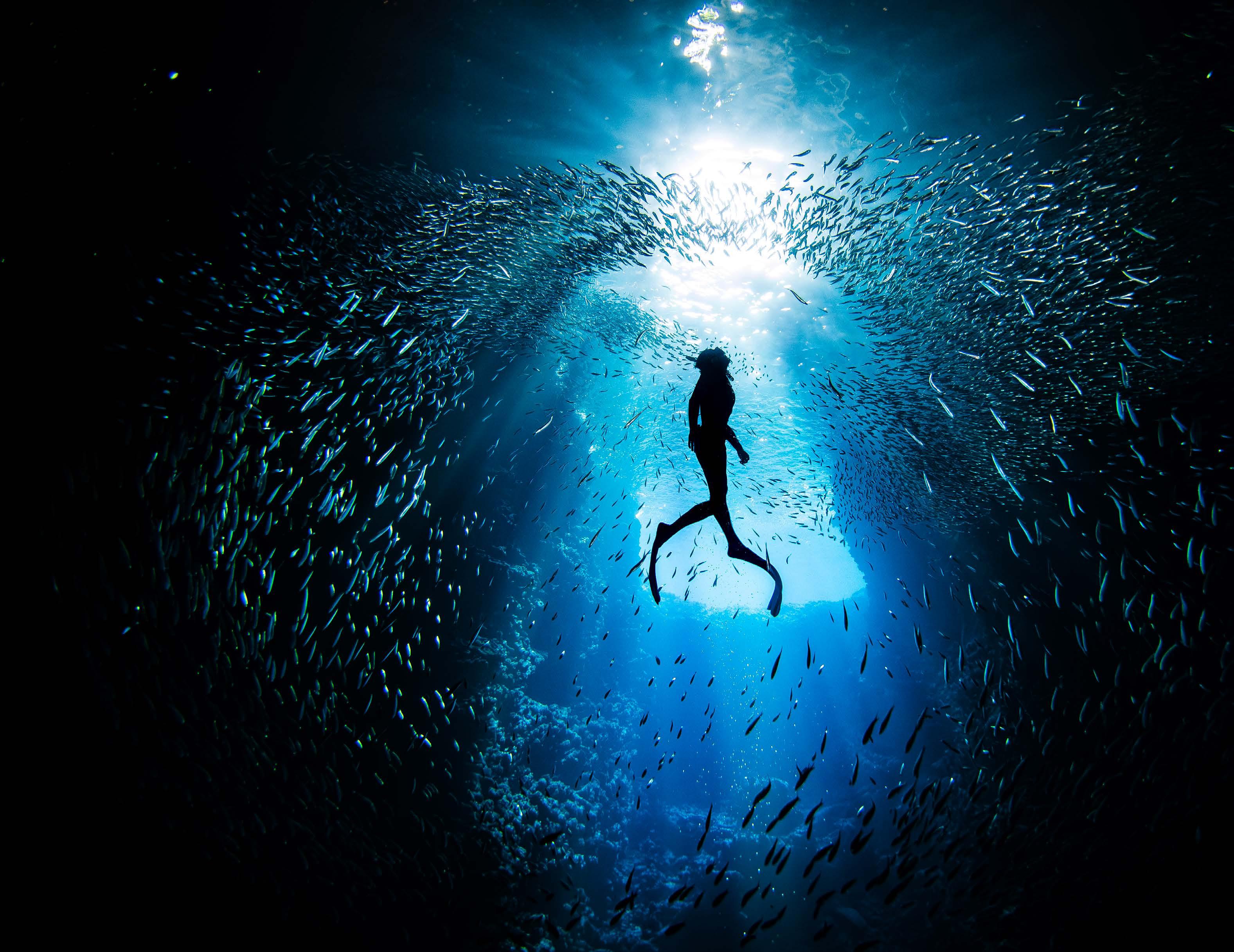
Last year saw a number of notable conservation achievements for Blue Marine. Some of our proudest moments are highlighted below:
Blue Marine became involved in three major legal cases: challenging UK fisheries law; protecting marine areas in the Netherlands; and supporting the UK in international arbitration against overfishing. 30% 32%
The Dominican Republic became the first Caribbean nation to protect more than 30 per cent of its waters, following financial and scientific support from Blue Marine.

In Greece, Blue Marine lead efforts to secure a government pledge to expand marine protected areas to 32 per cent, including a ban on bottom trawling.
166,000 sq km
In the South Atlantic, an additional 166,000 sq km of ocean at South Georgia and the South Sandwich Islands was fully protected from fishing thanks to campaigning from Blue Marine, in partnership with Pew Trusts and the Great Blue Oceans coalition.
Less than a month after it formed, an alliance led by Blue Marine stopped the reopening of longline fishing in the Maldives, ensuring it remains one of the few countries in the world to practise pole – and line tuna fishing throughout its waters.
We would like to say a huge thank you to everyone who helped support our work by signing petitions, resharing campaign material and following our stories. Your supports really helps to make a difference.
Working with our partners in southwest Africa the Namibia Nature Foundation, our Blue Education unit has launched its Namibian Ocean Literacy Toolkit. This is the first of our Blue Ocean Learning Toolkits (BOLTs), which aim to bring a wider understanding of the ocean into the classroom. This toolkit is framed by UNESCO’s seven Ocean Literacy Principles and supports teachers to expand ocean education in Namibia using contextual case studies and engaging activities.
Blue Marine produced the toolkit through a series of collaborative workshops in Namibia, attended by teachers, representatives from the National Institute for Educational
Development (NIED), Namib Desert Environmental Education Trust (NaDEET) and EduVentures. The workshops culminated in a three-day knowledge sharing and review event in the Atlantic resort of Swakopmund in November 2024. The group told us they felt proud to have such an instrumental role in this important resource for promoting ocean understanding across Namibia.
If you are interested in developing a toolkit connected to any of our projects, please read the full framework for development and get in touch with us at info@bluemarinefoundation.com
Learn more about the framework for developing an Ocean Learning Toolkit.
The group told us they felt proud to have such an instrumental role in this important resource for promoting ocean understanding across Namibia.
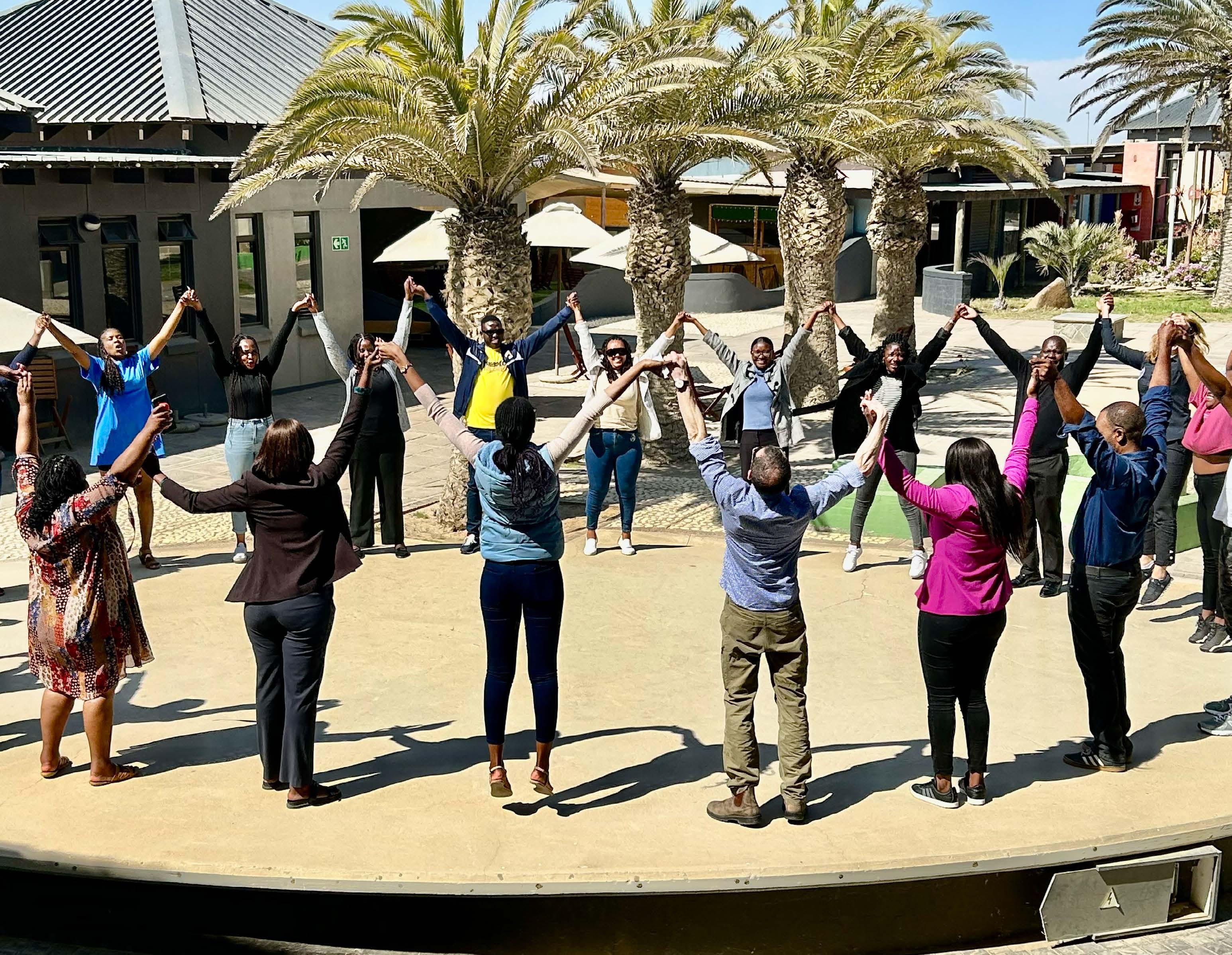
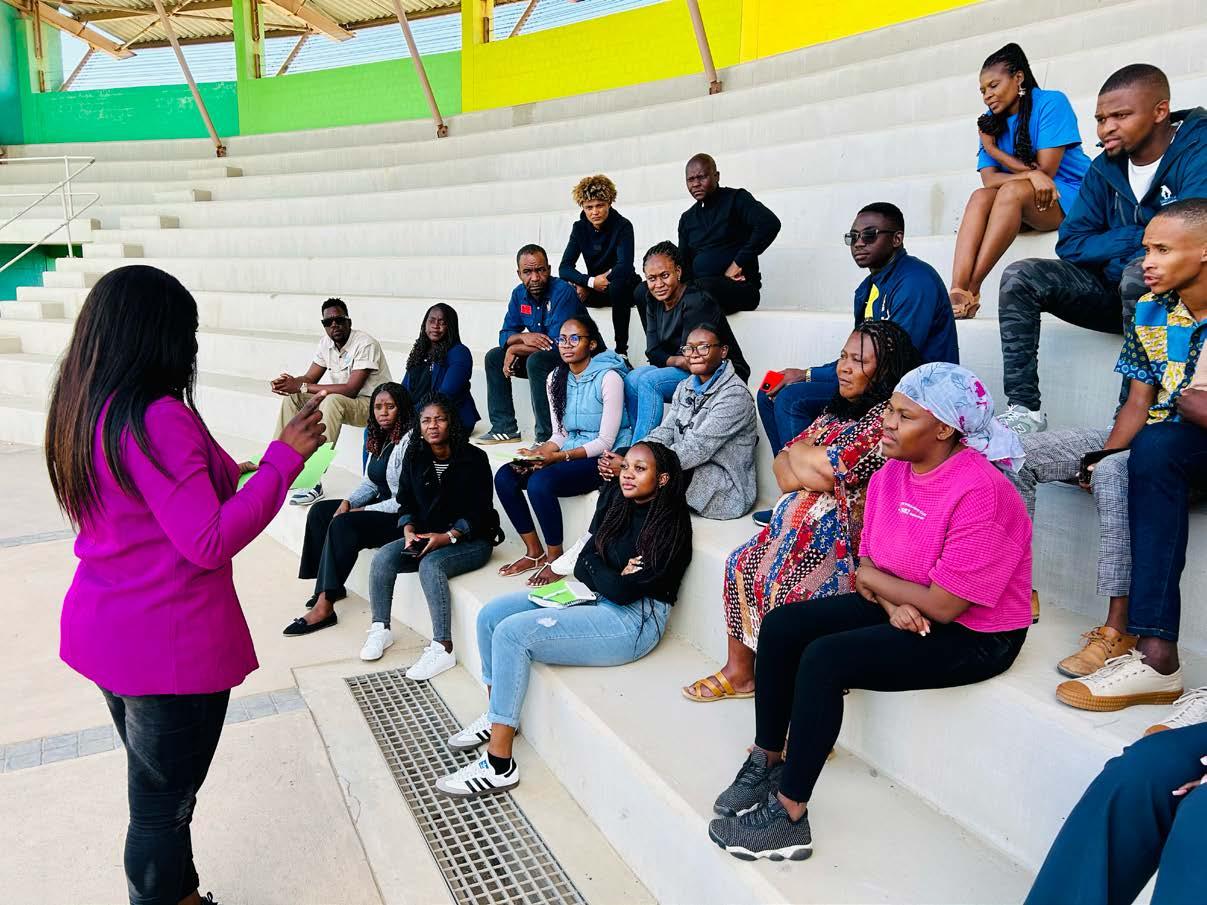
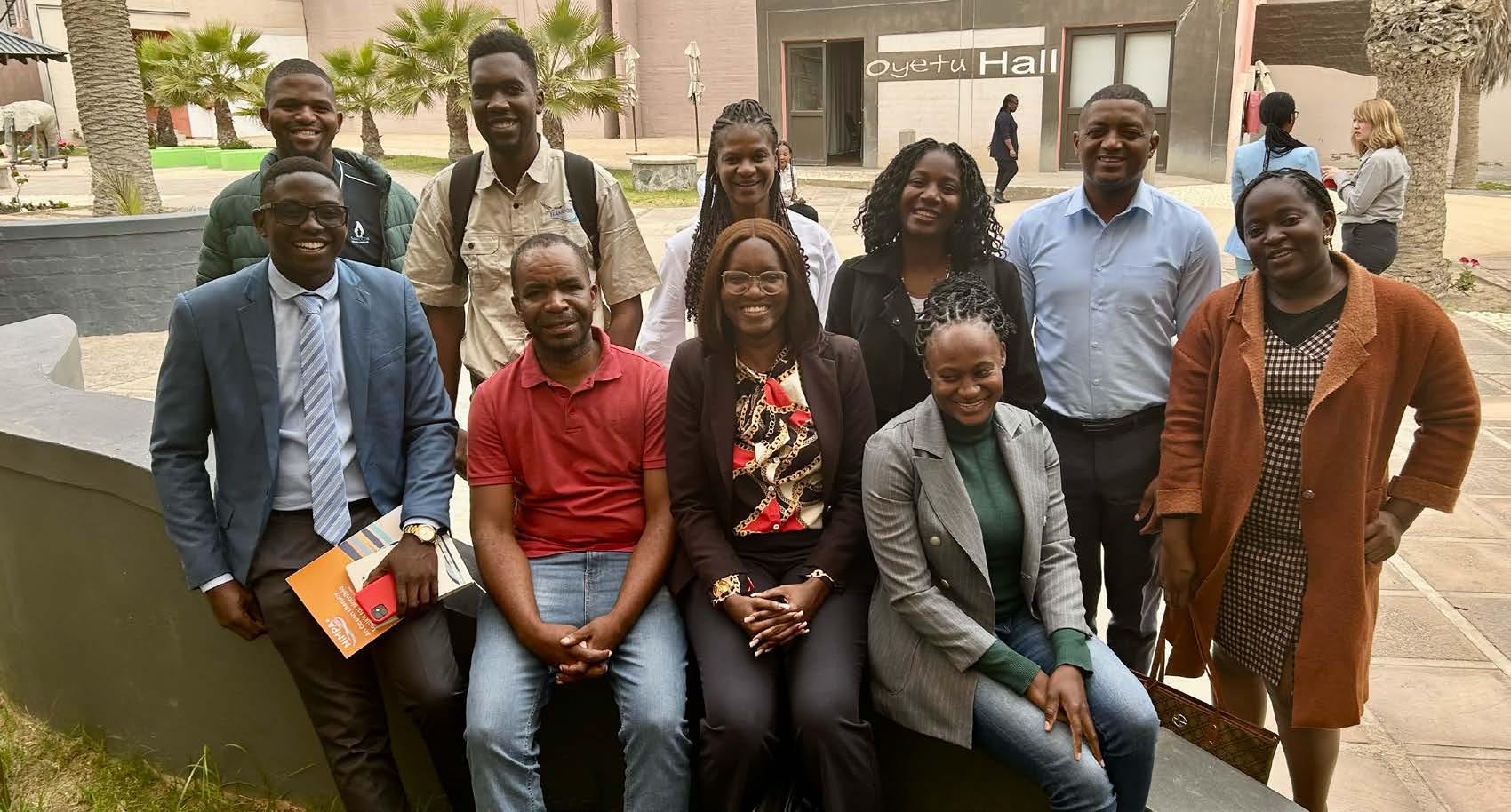

The Convex Seascape Survey is a five-year project that seeks to reveal and understand the carbon hidden in the ocean floor. Photographer, artist and ocean explorer, Francesca Page, talked with one of the survey’s scientists, Ben Harris, for a story in Oceanographic magazine, in which she describes her recent experience aboard one of the Survey’s research vessels off the coast of Jersey.
Her article beautifully captures the ongoing work, as she follows the team collecting samples on the seafloor and analysing the data back at the lab.

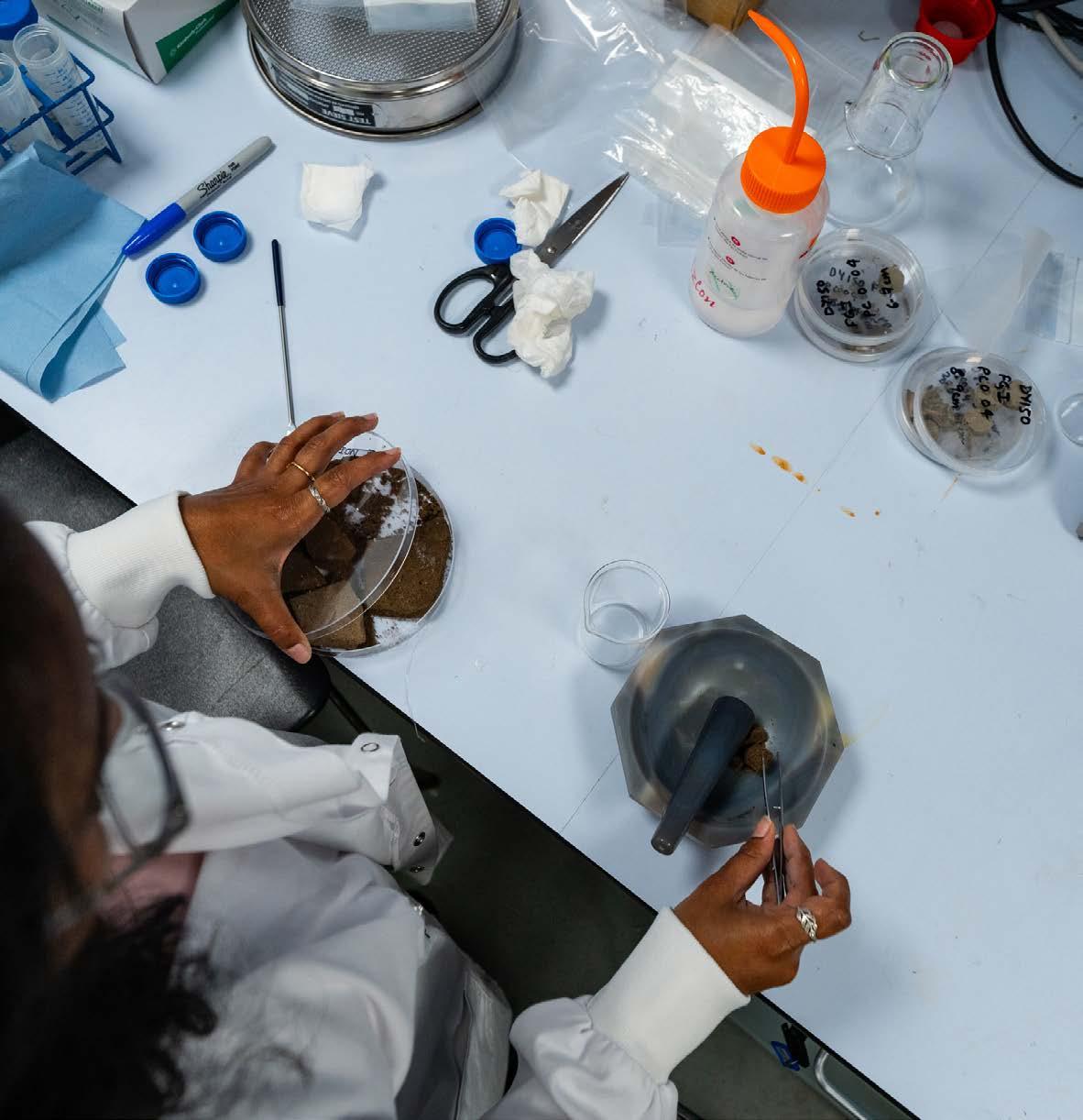
The researchers are hoping to collect valuable scientific data that can shape future marine protection policies and elevate the importance of blue carbon in the climate agenda.
The world’s continental shelves are the ocean’s biggest carbon store and a major driver of carbon sequestration. Discovering where exactly carbon is stored can inform decisions on ocean use and raise the profile of the ocean as a nature-based solution to climate change.
Read the full Oceanographic story here.
The researchers are hoping to collect valuable scientific data that can shape future marine protection policies.
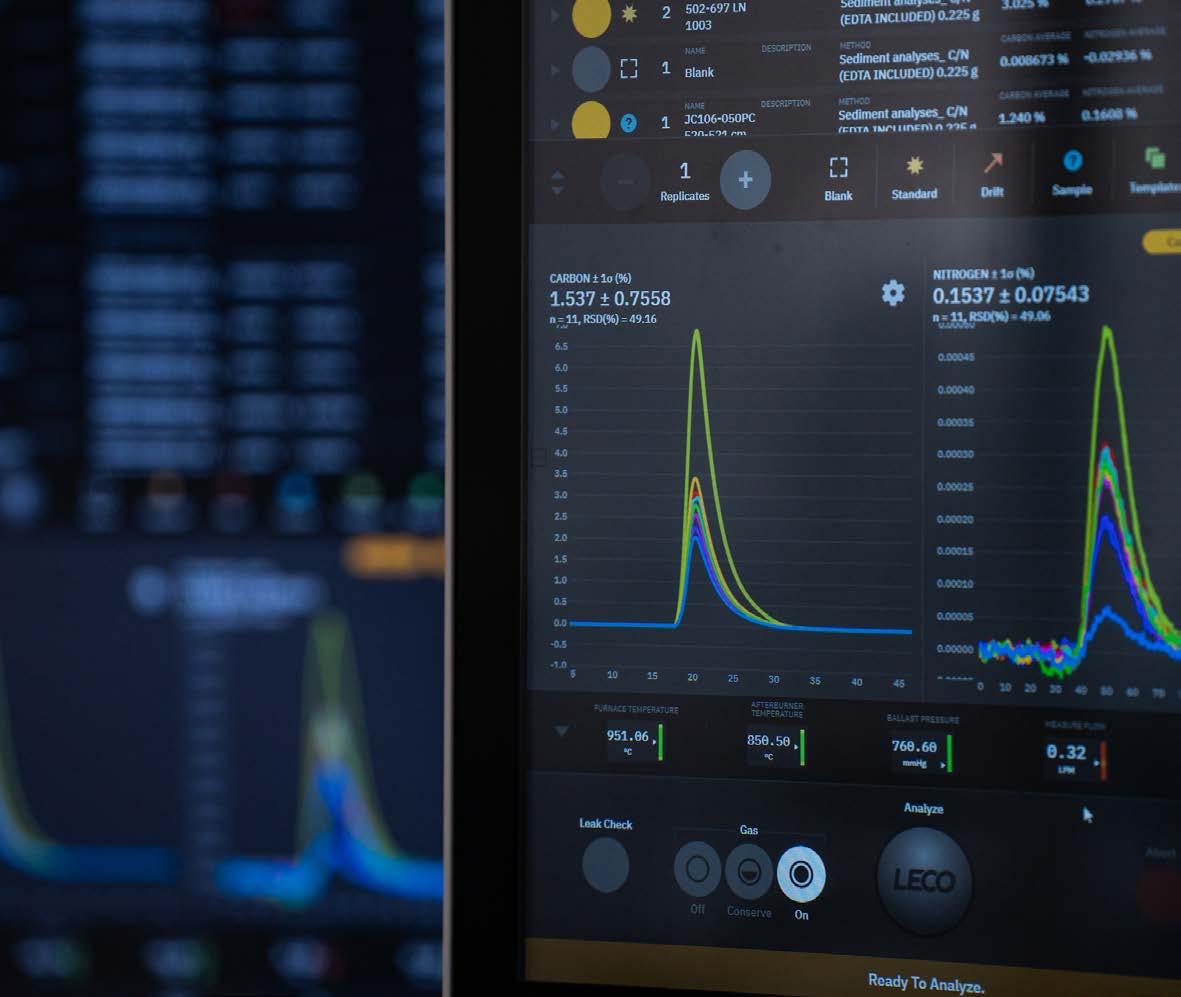
The UK government has missed its deadline to restrict bottom trawling and dredging in England’s marine protected areas (MPAs). Labour inherited from the Conservatives the target at the end of 2024 to ‘remove pressures’ on the 181 MPAs that cover 40 per cent of England’s waters.
Bottom trawling – one of the most damaging fishing practices – is still permitted in 74 per cent of England’s inshore MPAs. The technique involves dragging heavily weighted nets across the seafloor, destroying everything in their path. Bottom trawling not only harms marine habitats but has a negative impact on the very people who practice it since the fishing industry relies on healthy breeding waters to maintain fish stocks.
In a detailed story in the Times, Blue Marine chief executive, Clare Brook, said: ‘It is time for the present government to make clear what its ambitions are. Continuing delay means we will lose more species and the recovery of our inshore waters will take longer. Is that what this government wants?’
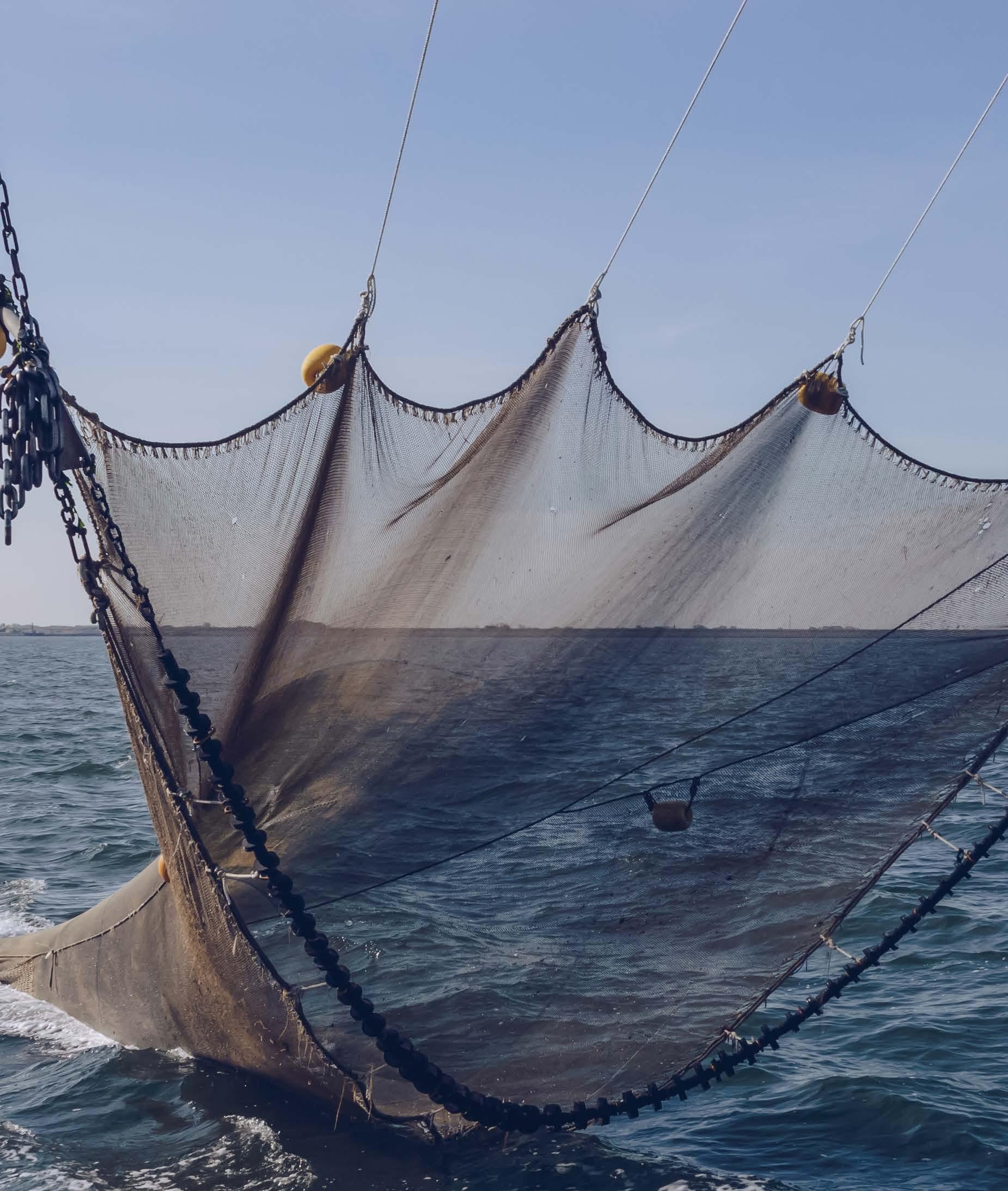
Bottom trawling – one of the most damaging fishing practices – is still permitted in 74 per cent of England’s inshore MPAs.
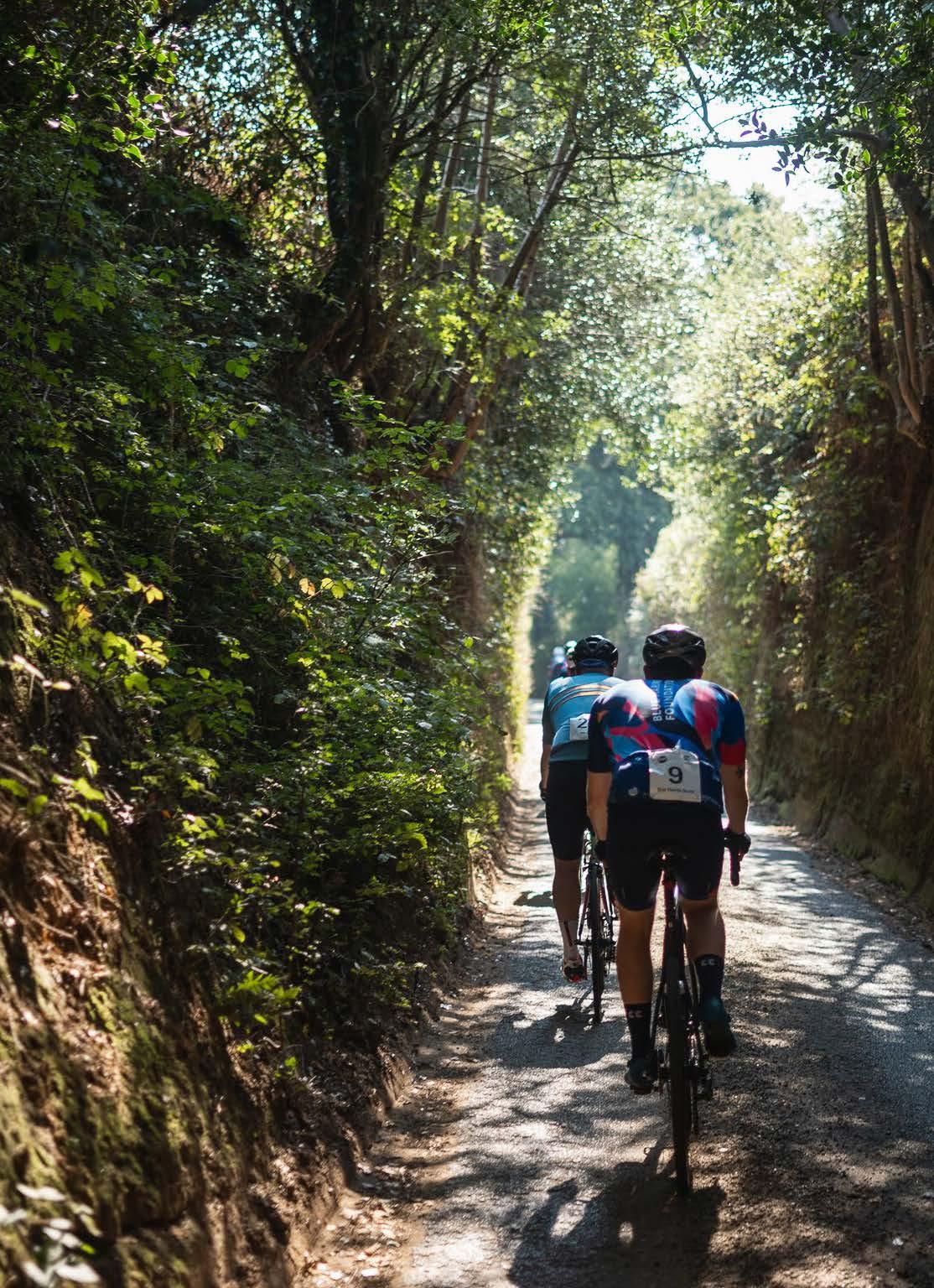
You are invited! On Saturday June 21 we are hosting the Solent Wave – a fundraising event, networking opportunity and great day out for all that aims to raise awareness and support for Blue Marine and the Solent Seascape Project.
Whether you want to cycle from London to the Solent along some of the most charming cycling routes in the UK, sail or boat around the Solent with James Harayda – team principle of Gentoo Sailing – or take a nature walk through the stunning landscape of Chichester harbour with friends and family, the day has something for everyone.
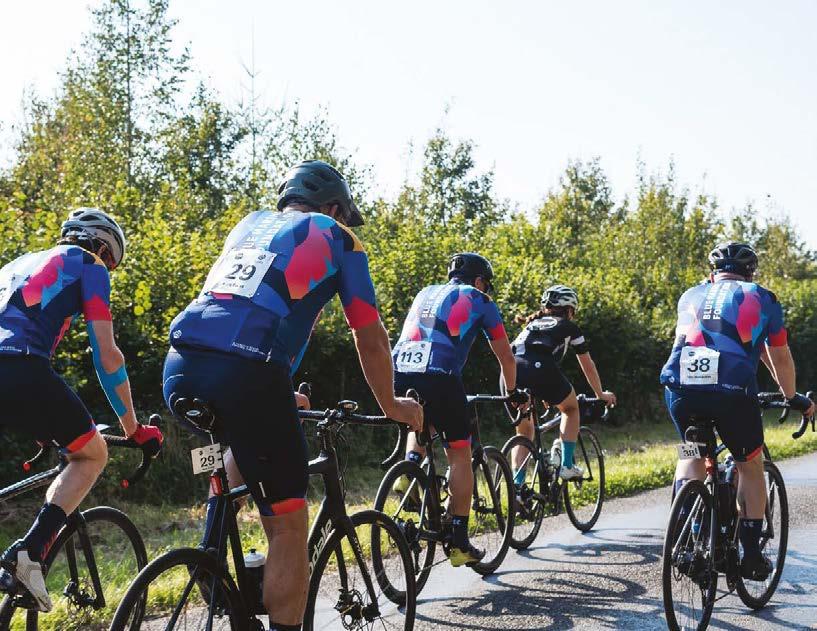
CYCLE,SAIL OR WALK FOR THE SOLENT
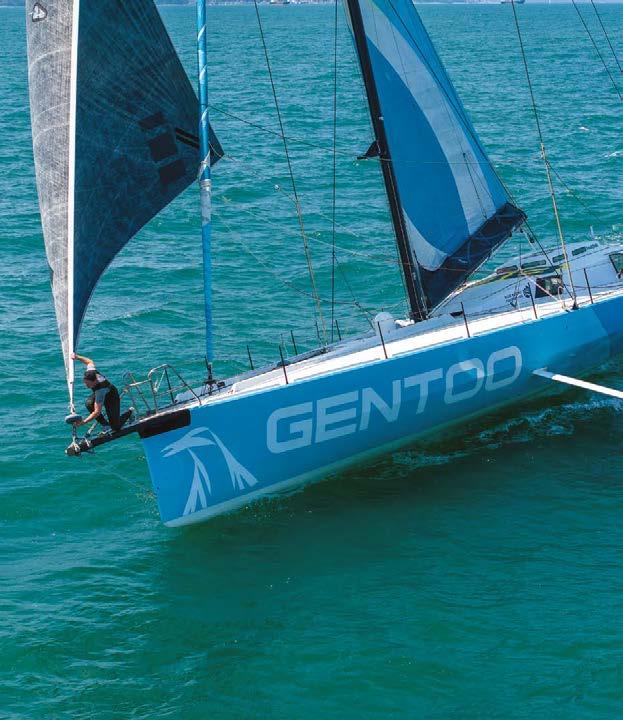

SATURDAY 21 JUNE 2025
Every rider, sailor or walker on the Solent Wave will be sustained throughout proceedings by Climpson & Sons coffee, and there will be an optional celebratory BBQ at the end of the day, with stands from partners of the Solent Seascape Project. The Solent Seascape Project is the first of its kind in the UK to initiate seascape scale restoration. From seagrass meadows, globally renowned seabird nesting sites and saltmarshes, the wildlife and beauty of the Solent coastline is under threat. By joining the Solent Wave, you can help save our seascape. We hope to see you there!
You can sign up here.
The Solent Seascape Project is the first of its kind in the UK to initiate seascape scale restoration.
Could you swim 10,000 km to save the ocean? That is the mighty target set by members of Canadian swimming club the Beaconsfield Bluefins for their marine protection fundraiser, the Big Blue Challenge 2025. The figure is based on the migration pattern of the Bluefin Tuna and the aim of the challenge is for swimming clubs around the world to collectively match the prodigious distance travelled by the fish. A parent run community club based in Montreal, the Bluefins, will pound the pool on February 6th as they do their part and attempt to raise up to $3,000 Canadian (£1,700) for ocean conservation.
Follow their global quest to collectively swim 10,000 km through the link below. Half of the money raised will be donated to Blue Marine, and the remainder will provide equipment for the swimming club.
10,000 km
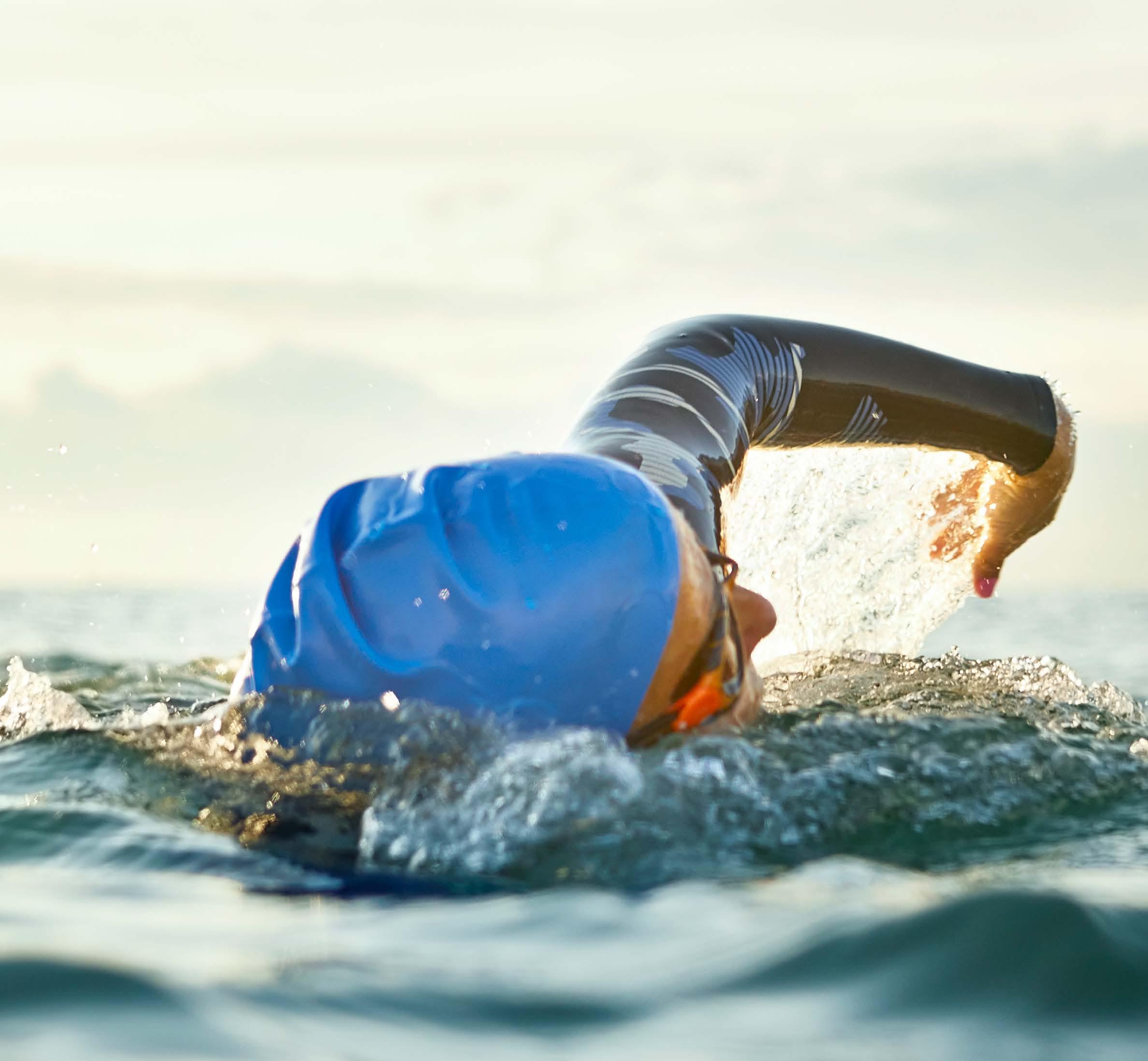
Could you swim 10,000 km to save the ocean?
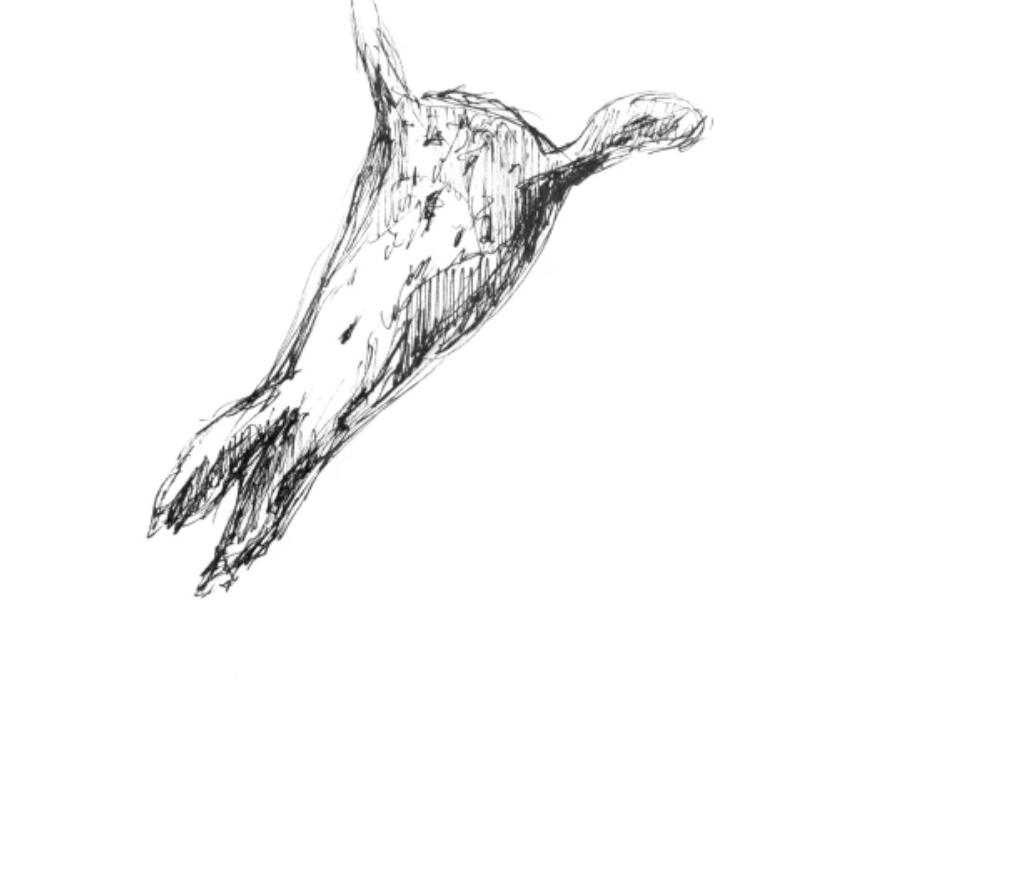
Dawn’s work is a vivid reminder of the way that art can inspire us to see the world through a new perspective and take action for the planet.

Dawn Dudek is a multidisciplinary artist inspired by natural settings, duality and environmental awareness. Her animated work has featured seals dancing through the water, orcas jumping through the air and whale tails diving below the surface. In ‘Oceanum voces’ she depicts the ocean soundscape from a whale’s perspective to highlight humanity’s growing acoustic footprint on marine life. Dawn’s work is a vivid reminder
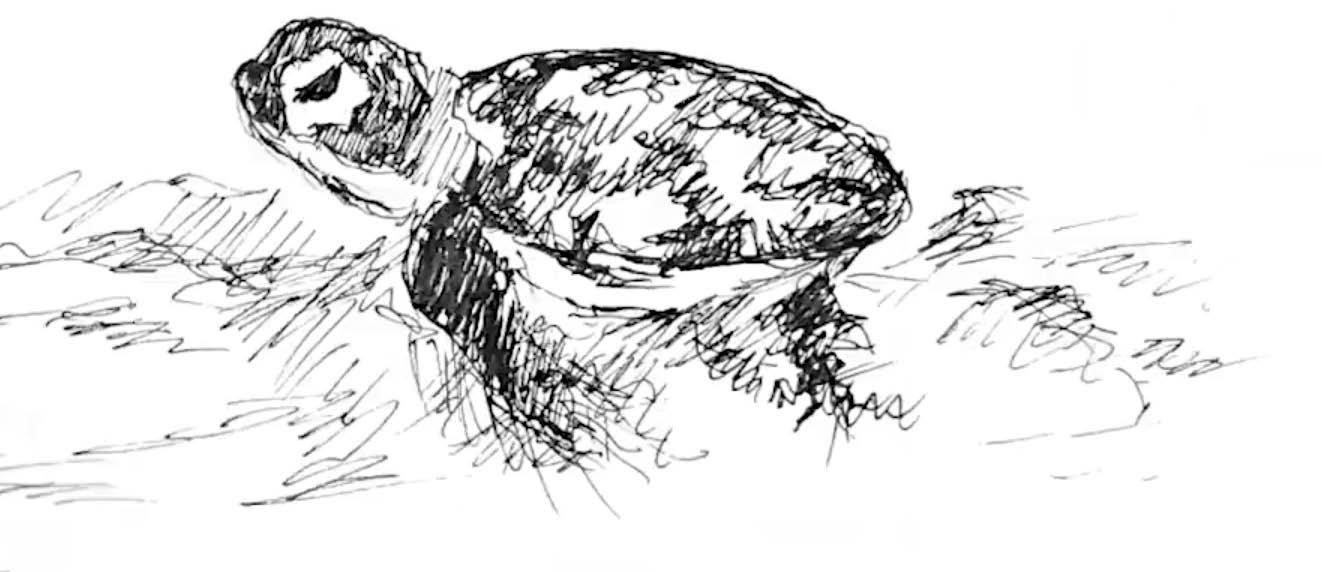
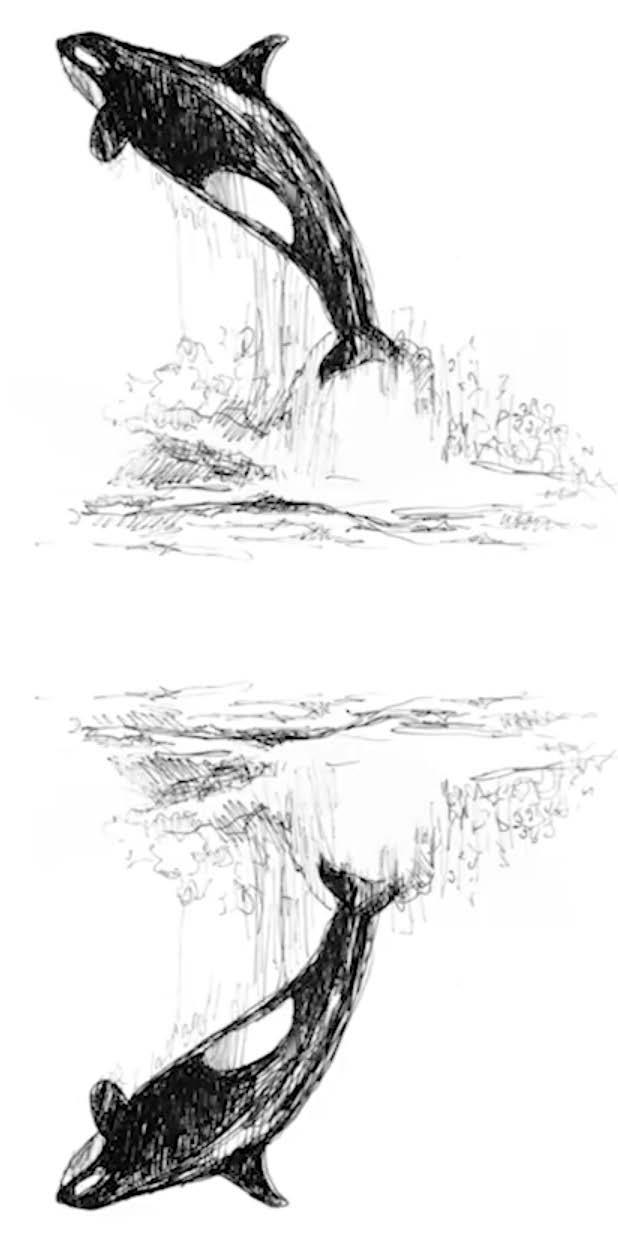
of the way that art can inspire us to see the world through a new perspective and take action for the planet. Her work was recently featured in Blue Marine’s ocean art series where she illustrated a monk seal diving between the waves. In Greece, on Formicula Island, we are working to protect one of the most important monk seal breading sites in the Mediterranean.
You can see some of Dawn Dudek’s artworks here.
